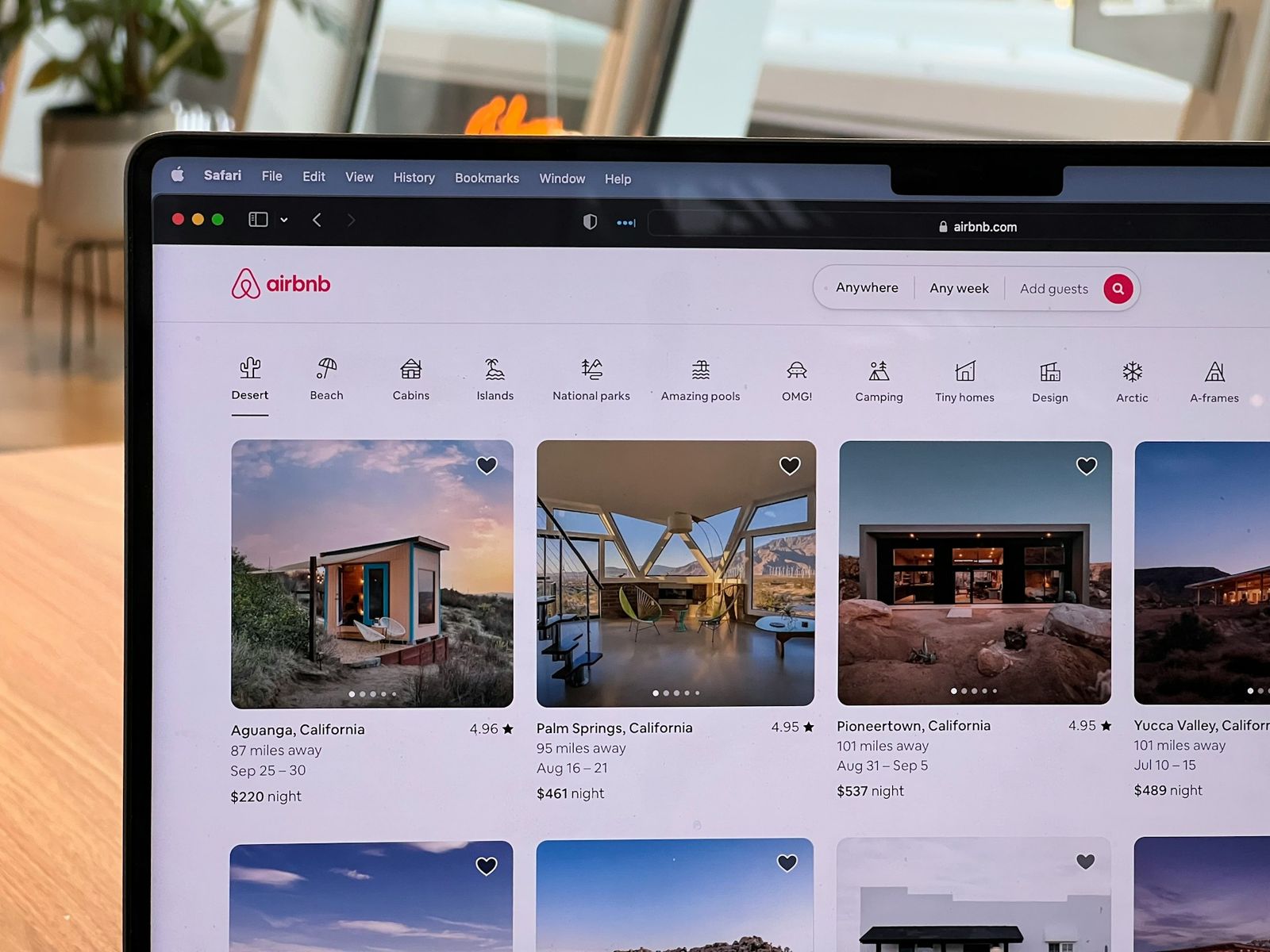
Last-Minute Cancellation Policies in Airbnb Booking Management
Last-minute cancellations in Airbnb bookings can be a real headache for property owners and managers. Imagine planning everything for your guests, from fresh linens to local guides, only to have them cancel at the last minute. It’s frustrating, isn’t it? These unexpected changes can disrupt your plans and even your income. But understanding what a last-minute cancellation actually means is the first step to managing it effectively. Typically, a last-minute cancellation is when a guest cancels within a very short period before their stay, often leaving little to no time for the property owner to find a replacement booking.
Having a clear and effective cancellation policy helps protect property owners from the chaos that can otherwise ensue. A well-thought-out policy not only sets clear expectations for guests but also minimizes financial losses. This is important because a robust cancellation policy assures you maintain a good balance between welcoming guests and safeguarding your interests. Let’s explore more about the impact these cancellations can have and how to handle them thoughtfully.
Impact of Last-Minute Cancellations
The effect of last-minute cancellations goes beyond just financial losses. Sure, losing out on a booking can hit your wallet, but the ripple effects can be even broader. When a guest cancels close to their scheduled arrival, it often means you miss the opportunity to find another paying guest to fill those dates. This revenue gap can be especially tough during peak seasons when every booking matters.
Here’s how cancellations can impact you:
– Financial Strain: Lack of sufficient notice leaves you with an empty property for dates that might otherwise have been booked.
– Guest Satisfaction: If cancellations become a trend, it affects your reputation. Consistent availability changes may lead to fewer bookings in the future.
– Operational Efficiency: Last-minute cancellations disturb the smooth flow of operations, from house cleaning schedules to preparation of guest amenities.
The value of a strong cancellation policy becomes apparent when considering these potential impacts. It’s not just about immediate revenue. It’s about keeping your property running smoothly and maintaining excellent guest relationships. A clear policy not only manages guest expectations but also aligns with your business needs. Next, we’ll explore ways you can craft an effective policy to handle these situations better.
Crafting an Effective Last-Minute Cancellation Policy
Creating a reliable last-minute cancellation policy is all about finding balance. You want a policy that protects your interests while being fair to your guests. The first step is to be clear about what constitutes a “last-minute” cancellation. Specify the window of time before the check-in date where a cancellation will affect refunds or lead to additional charges.
Several key elements should be included in any solid policy:
– Define the cancellation time frame clearly, indicating the period where penalties may apply.
– Outline the financial penalties involved, like losing the deposit or a charge for the first night.
– Offer some flexibility, such as partial refunds or the ability to reschedule without a fee for genuine emergencies.
Communication is vital. Make sure guests understand your policy from the outset by including it in your listings and any booking confirmation emails. Being upfront about these terms helps prevent misunderstandings later.
Strategies to Minimize Last-Minute Cancellations
Reducing cancellations starts with encouraging early commitment from guests. Here are a few strategies to consider:
1. Early Bird Discounts: Offer lower rates for guests who book well in advance.
2. Non-Refundable Options: Introduce booking options that offer a slight discount for choosing non-refundable rates.
3. Personalized Approach: Regularly engage with your guests to build rapport. Personalized communication can increase guest loyalty, making them less likely to cancel.
4. Incentives for Keeping Reservations: Provide added value for guests who maintain their reservations, such as a complimentary breakfast or late check-out.
Applying these methods can help ensure most bookings proceed as planned, reducing the impact of last-minute changes.
Ensuring Smooth Guest Experiences Despite Cancellations
Even with stringent policies and strategies in place, cancellations can still occur. Managing them effectively is key to maintaining a good relationship with past and future guests. Start by having a plan for handling rebookings quickly to fill the gap left by canceled reservations. This means keeping an updated list of potential guests on your waiting list who are interested in last-minute deals.
Staying proactive about managing guest feedback can also improve future policies. After a cancellation, reach out for feedback to understand the guest’s reason and experience. This insight will help you refine your processes and ensure a smoother experience for others.
Wrap-Up
In the world of Airbnb booking management, last-minute cancellations are an inevitable aspect. However, with clear policies and proactive strategies, they can be managed effectively to reduce financial losses and maintain guest satisfaction. By being open about terms and offering incentives to stick with bookings, property owners can navigate these challenges more easily.
Remember, having a robust plan doesn’t just protect your bottom line. It reinforces the quality and reliability of your service, ensuring that both you and your guests enjoy a smooth journey from booking to check-out.
Manage booking uncertainties with ease by partnering with Tangy Management. Our expertise in Airbnb booking management can help safeguard your rental’s success through effective policies and strategic guest interactions. Let us handle the complexities of cancellations while you focus on delivering exceptional experiences to your guests. Discover how our dedicated approach can transform your Airbnb rental management today.



